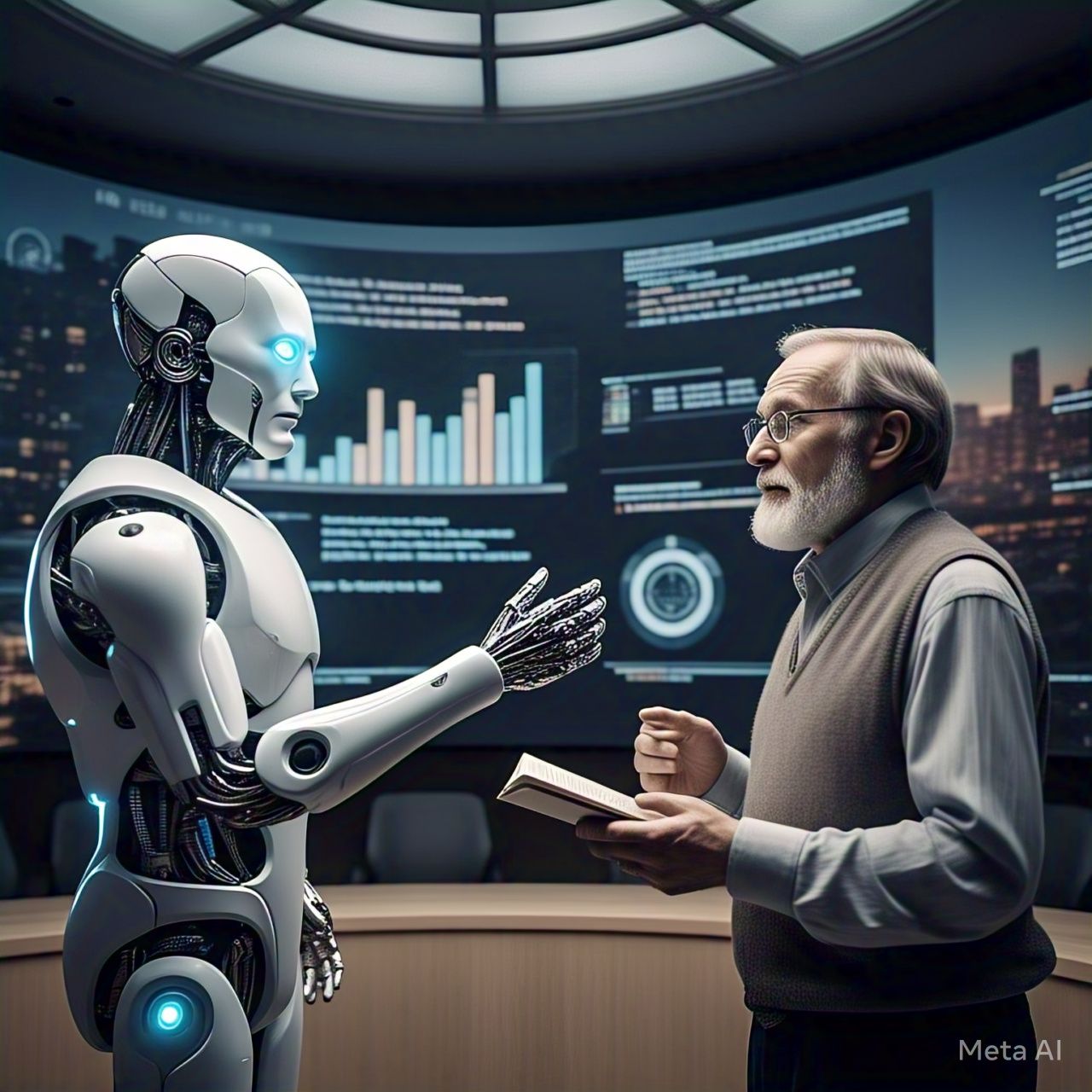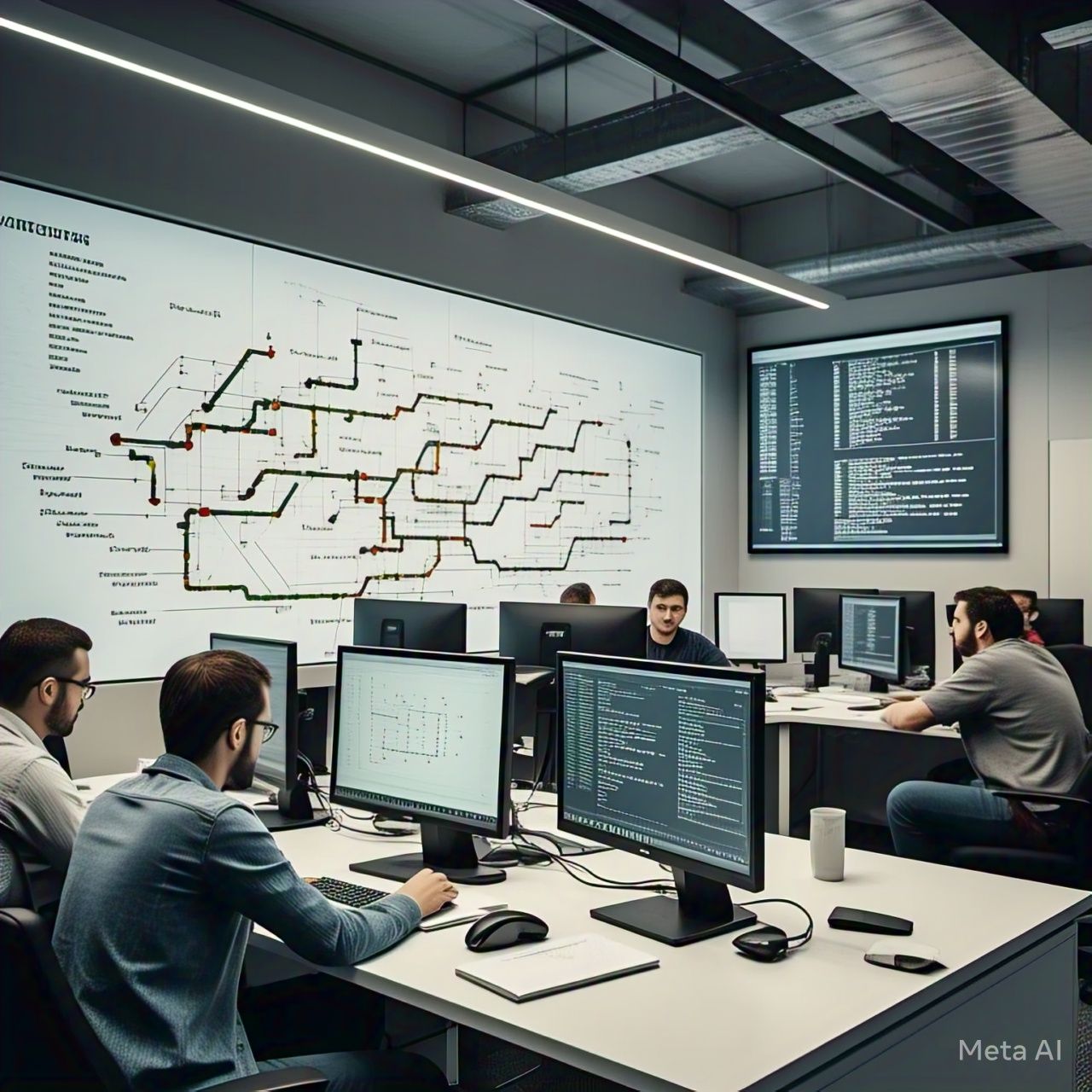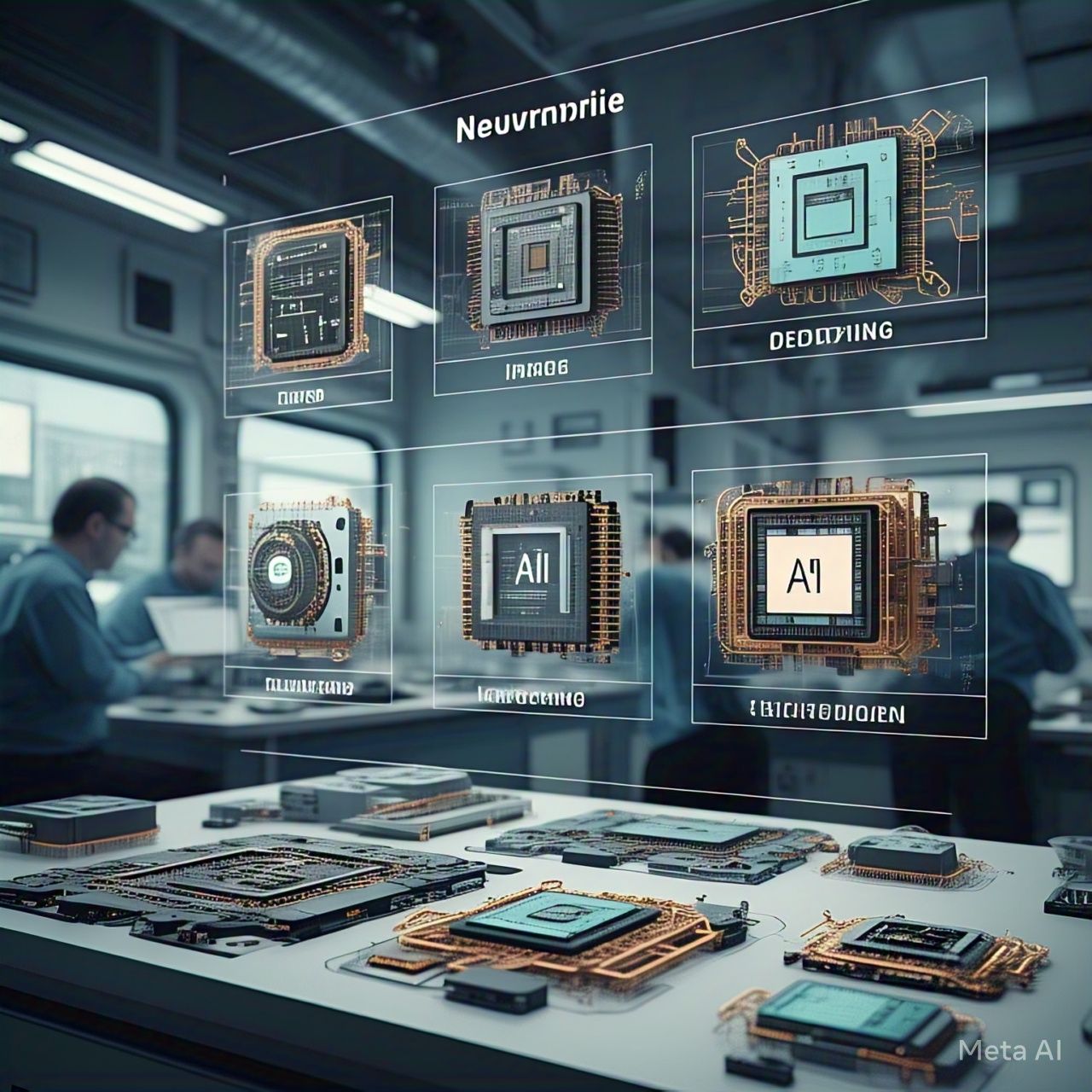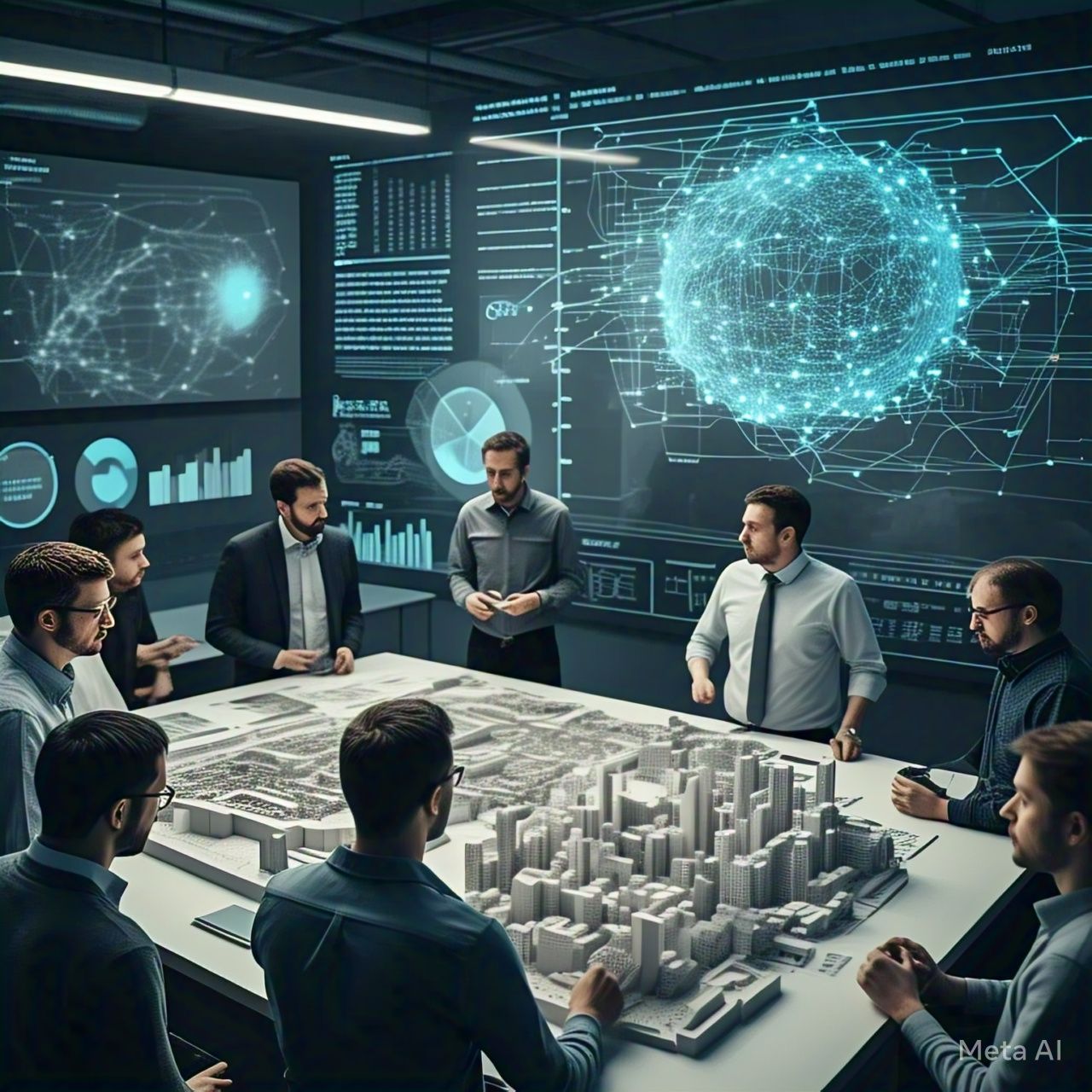Artificial Intelligence (AI) has made remarkable strides in recent years, raising questions about how it compares to human intelligence. As machines become more advanced, many wonder whether AI will eventually surpass human cognitive abilities. This article explores the differences between artificial and human intelligence, their respective strengths and limitations, and whether machines will ever truly catch up.
Understanding Artificial Intelligence
AI refers to the simulation of human intelligence in machines. These systems process vast amounts of data, recognize patterns, and make decisions based on algorithms. AI can be categorized into two main types:
- Narrow AI (Weak AI): Designed to perform specific tasks efficiently, such as voice recognition, recommendation algorithms, and autonomous vehicles.
- General AI (Strong AI): A hypothetical form of AI that possesses human-like cognitive abilities and can perform a wide range of tasks without predefined programming.
Understanding Human Intelligence
Human intelligence is a complex combination of reasoning, problem-solving, creativity, emotional intelligence, and adaptability. Unlike AI, human intelligence is:
- Multifaceted: Humans can think abstractly, imagine new possibilities, and exhibit intuition.
- Emotionally Driven: Emotions influence decision-making, creativity, and social interactions.
- Context-Aware: Humans understand cultural, ethical, and situational nuances that AI struggles to grasp.
- Self-Aware: Humans possess consciousness and self-reflection, a trait that AI currently lacks.
Strengths and Limitations of AI vs. Human Intelligence
Strengths of AI:
- Speed and Efficiency: AI can process massive datasets and execute calculations far faster than humans.
- Accuracy and Consistency: AI reduces errors and improves precision in fields like medicine, finance, and automation.
- Automation of Repetitive Tasks: AI excels in performing routine tasks, freeing up human effort for more complex work.
Limitations of AI:
- Lack of Creativity and Emotion: AI lacks genuine creativity, emotions, and the ability to think beyond programmed logic.
- Ethical and Moral Judgment: AI struggles with moral dilemmas, as its decision-making is based purely on data rather than ethical reasoning.
- Dependency on Data: AI relies on pre-existing data and cannot generate completely novel ideas or insights without human input.
Strengths of Human Intelligence:
- Creativity and Innovation: Humans can develop new ideas, create art, and think outside the box.
- Adaptability: Humans can learn and adjust to unforeseen circumstances without requiring reprogramming.
- Emotional and Social Intelligence: Understanding emotions, empathy, and interpersonal relationships remain exclusive to humans.
Limitations of Human Intelligence:
- Cognitive Biases: Humans are prone to errors in judgment influenced by emotions and experiences.
- Slower Processing Speed: Unlike AI, humans take more time to analyze large amounts of data.
- Physical and Mental Fatigue: Unlike machines, humans experience exhaustion and require rest.
Will AI Ever Surpass Human Intelligence?
While AI continues to advance rapidly, it still lacks essential elements of human intelligence, such as emotional understanding, consciousness, and true creativity. Some experts believe AI may achieve general intelligence in the future, but whether it can attain self-awareness and human-like reasoning remains uncertain.
Many argue that rather than replacing humans, AI will complement human intelligence by automating tasks, improving decision-making, and enhancing problem-solving capabilities. The future may see a collaboration where AI and human intelligence work together, leveraging their respective strengths.
Conclusion
Artificial Intelligence has transformed industries and outperforms humans in specific tasks, but it remains far from replicating the depth and complexity of human intelligence. While AI may continue to evolve, true human-like cognition, emotional intelligence, and consciousness remain uniquely human traits. Rather than a competition, the future of intelligence lies in the synergy between humans and machines, driving innovation and progress together.





